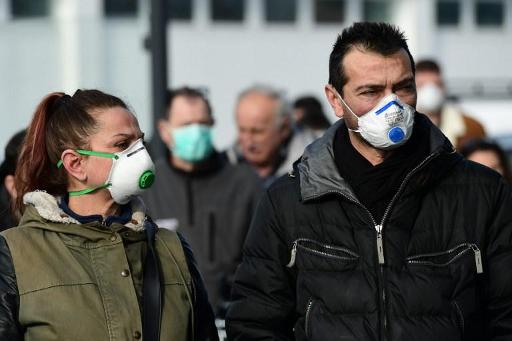Wearing a face mask for prevention amid the outbreak of the new coronavirus is only useful for those already infected, according to the head of Belgium's coronavirus committee.
Steven Van Gucht, who leads Belgium's scientific committee for the new coronavirus (Covid-19) said that it made "little sense" for healthy people to wear masks as a protective measure.
"Wearing a mask is only efficient for patients who have already been infected by the coronavirus as well as for medical staff," Van Gucht said. "These masks actually protect those around a [Covid-19] patient from the germs transmitted through coughing, sneezing or speaking," he added.
Van Gucht's comments come as the global supply chain for face masks feels the strain of rising public concern over the epidemic, with China — the outbreak's epicentre and the product's biggest producer — warning of shortages amid a significant spike in demand.
Related News
- Coronavirus: EU’s scientific dilemma
- Coronavirus confirmed in Romania, Denmark and Norway
- Italy: Coronavirus cases climb to 400 but 3 patients cured
- Dozens of Belgians allowed to leave quarantined hotel in Tenerife
- Coronavirus: 118 Belgians in Tenerife hotel quarantined for 14 days
"It is important to ensure sufficient availability of these masks," Van Gucht, a virologist with federal health research institute Sciensano said in an online statement.
Medical masks with filters (type FFP2 and FFP3) should be reserved for medical personnel, who are trained in how to use and discard them properly, he added.
Following a rapid outbreak in Italy at the weekend, the epidemic spread to several European countries, including Greece, Romania, Switzerland and Norway.
According to Van Gucht, the most efficient way of avoiding infection with the new coronavirus is to adopt the same reflexes to ward off the seasonal flu: frequently washing your hands with soap and water, covering your mouth and nose with a tissue when coughing or sneezing, and sneezing in the crux of your elbow, instead of on your hands, when you have no tissues handy.
Gabriela Galindo
The Brussels Times

